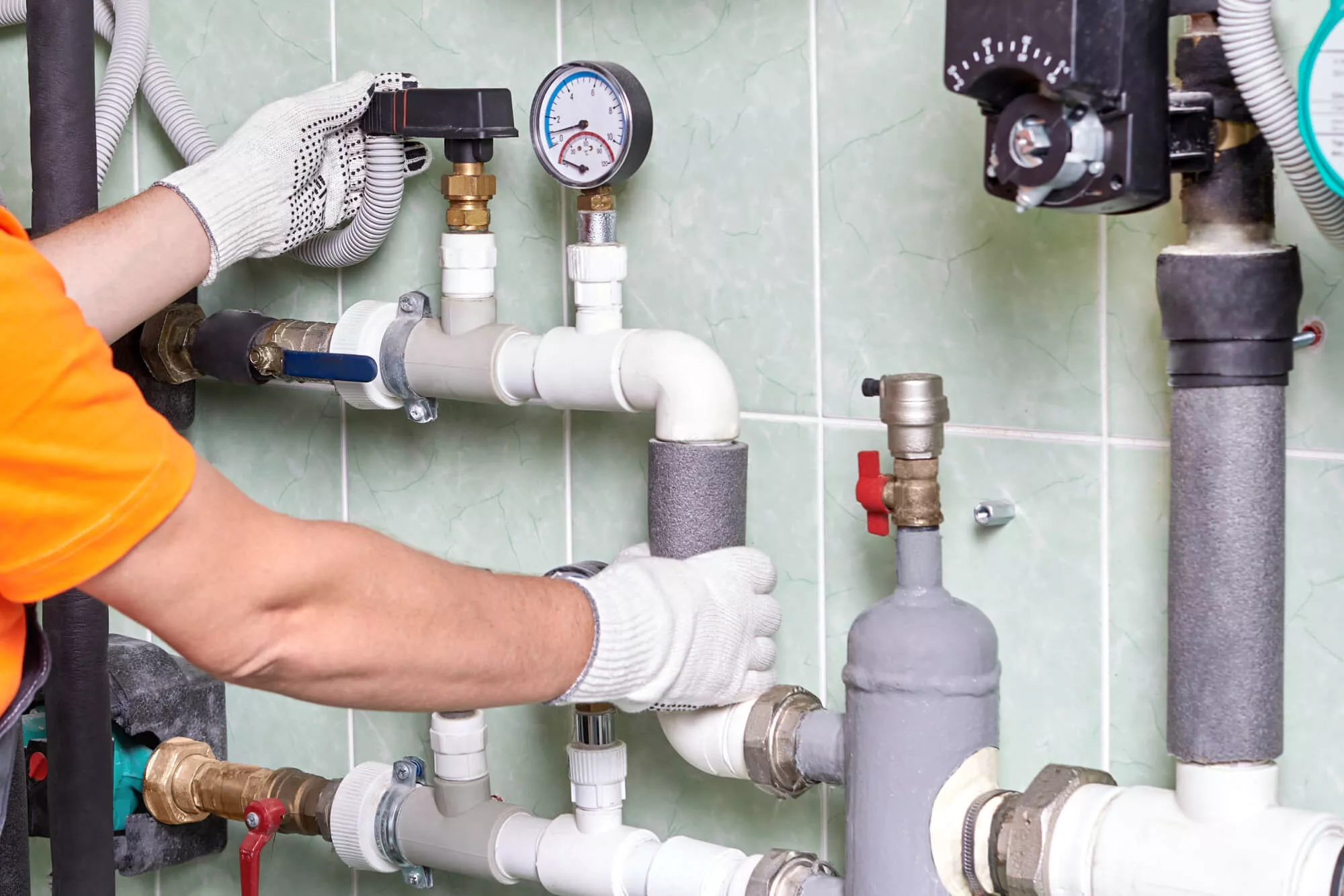Plumbing is the circulatory system of any building, ensuring the smooth flow of water and the proper disposal of waste. Yet, when it comes to plumbing, one size does not fit all. The plumbing needs of a cozy home vastly differ from those of a bustling commercial establishment. In this comprehensive exploration, we will unravel the intricacies that set domestic and commercial plumbing apart, touching upon diverse aspects ranging from regulatory compliance to the materials used.
Scope and Scale of Projects:
Domestic plumbing primarily involves the intricacies of smaller-scale projects, such as individual homes, apartments, or condominiums. The focus here is on catering to the needs of a single household or a few residents.
On the flip side, commercial plumbing expands its scope to include larger and more complex projects, like office buildings, factories, and shopping centers. The scale of these projects demands a robust and sophisticated plumbing infrastructure.
Regulatory Compliance:
Domestic plumbing is governed by local building codes and residential regulations. Compliance revolves around ensuring the safety and well-being of individual homeowners. In contrast, commercial plumbing operates under a more rigorous regulatory framework.
There are specific codes and standards tailored to commercial spaces, encompassing safety, environmental concerns, and the unique challenges presented by larger-scale operations.
Fixture and Appliance Differences:
In the realm of domestic plumbing, the focus is on standard fixtures found in homes: sinks, toilets, showers, and perhaps a washing machine or dishwasher. Commercial plumbing, on the other hand, spans a vast array of fixtures, appliances, and specialized systems.
Think industrial-grade water heaters, commercial kitchens with extensive drainage needs, and restrooms accommodating a high volume of users.
Water Demand and Pressure:
Domestic plumbing systems are designed to handle relatively lower water demand and pressure, catering to the usage patterns of a household. In the commercial landscape, the demand for water is significantly higher, and pressure fluctuations are common.
As such, commercial plumbing systems must be robust enough to meet these elevated requirements.
Pipe Material and Sizing:
Domestic plumbing often utilizes smaller-sized pipes made of materials like PVC, copper, or PEX. Commercial plumbing, on the other hand, requires larger pipes made of more durable materials such as cast iron, copper, or stainless steel.
These materials ensure the structural integrity and longevity of the plumbing system, essential for the demands of a commercial space.
Maintenance and Repairs:
While domestic plumbing typically involves simpler maintenance tasks and repairs, commercial plumbing demands a higher level of expertise.
Maintenance of complex commercial systems may require specialized knowledge and equipment, making routine inspections and prompt repairs imperative to prevent costly downtime.
Cost Factors:
The cost considerations for domestic plumbing projects are generally lower, aligning with the budget constraints of individual homeowners. In contrast, commercial plumbing projects incur higher initial costs.
However, these are often justified by the increased scale, complexity, and durability requirements of the systems, making them more cost-effective in the long run.
Emergency Response and Downtime:
Domestic plumbing emergencies are often contained within a single household, allowing for relatively quick responses with minimal impact on daily activities. In the commercial sector, however, swift emergency response times are crucial to minimize downtime.
Any disruptions in plumbing systems can lead to significant financial losses, emphasizing the need for efficient emergency protocols.
FAQs:
Q1: Can a domestic plumber handle commercial projects?
A: While basic skills may overlap, commercial plumbing often requires specialized knowledge and experience due to its complexity.
Q2: Are the plumbing codes the same for domestic and commercial buildings?
A: No, commercial buildings have specific plumbing codes and regulations that differ from those governing residential properties.
Q3: What are the common challenges in commercial plumbing?
A: Challenges include handling larger systems, complying with stringent regulations, and addressing complex issues that may arise in commercial spaces.
Q4: Is commercial plumbing more expensive than domestic plumbing?
A: Yes, the initial costs for commercial plumbing projects are typically higher, but they are often justified by the increased scale and demands of the system.
Q5: Can domestic plumbing materials be used in commercial settings?
A: While some materials may overlap, commercial plumbing often requires more robust materials to meet the demands of larger systems.
Q6: Are there certifications specifically for commercial plumbers?
A: Yes, many jurisdictions have certifications specifically for commercial plumbers, recognizing their expertise in handling complex plumbing systems.
Q7: What are the common signs of plumbing issues in commercial buildings?
A: Signs include low water pressure, leaks, drainage problems, and unusual noises in the plumbing system.
Conclusion:
In the world of plumbing, understanding the nuances that distinguish domestic from commercial systems is essential. Whether you’re a homeowner or a plumbing professional, recognizing these differences ensures that the plumbing infrastructure is not only functional but also tailored to the specific needs of the environment it serves. From the materials chosen to the scale of the project, each aspect plays a crucial role in creating plumbing systems that seamlessly integrate with the unique demands of their respective settings.

A group of home improvement enthusiasts and bathroom design experts, combines in-depth knowledge and a shared passion to deliver engaging, informative content that guides readers through the world of bathroom innovation and style.

Leave a Reply